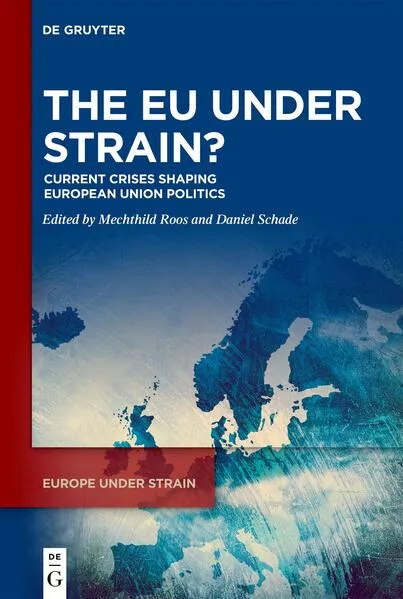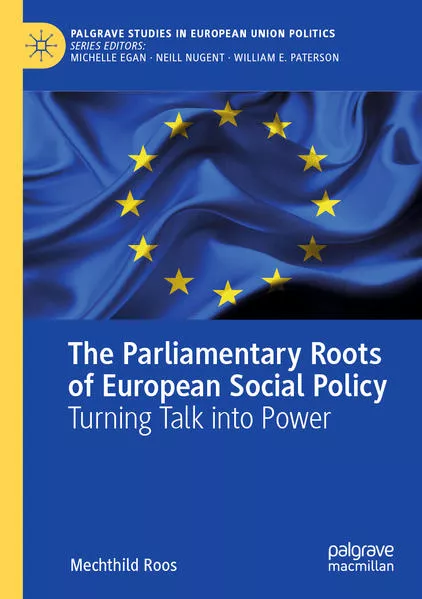
- Publikationen ca: 5
- Fragen & Antworten
Mechthild Roos
The EU under Strain?
When EU member states signed the Treaty of Lisbon in 2007, they did not anticipate the manifold crises in store for them over the following years. Instead of the intended consolidation of a Union which had just gone through its most profound modernisation and biggest round of enlargements, the EU has since then had to weather a wide range of political, economic, social, legal, health and even military crises with major repercussions within and beyond its own territory.
The EU under Strain?
When EU member states signed the Treaty of Lisbon in 2007, they did not anticipate the manifold crises in store for them over the following years. Instead of the intended consolidation of a Union which had just gone through its most profound modernisation and biggest round of enlargements, the EU has since then had to weather a wide range of political, economic, social, legal, health and even military crises with major repercussions within and beyond its own territory.
The EU under Strain?
When EU member states signed the Treaty of Lisbon in 2007, they did not anticipate the manifold crises in store for them over the following years. Instead of the intended consolidation of a Union which had just gone through its most profound modernisation and biggest round of enlargements, the EU has since then had to weather a wide range of political, economic, social, legal, health and even military crises with major repercussions within and beyond its own territory.
The EU under Strain?
When EU member states signed the Treaty of Lisbon in 2007, they did not anticipate the manifold crises in store for them over the following years. Instead of the intended consolidation of a Union which had just gone through its most profound modernisation and biggest round of enlargements, the EU has since then had to weather a wide range of political, economic, social, legal, health and even military crises with major repercussions within and beyond its own territory.
The Parliamentary Roots of European Social Policy
The European Parliament (EP) – a powerful actor in today's European Union – was not intended to be more than a consultative assembly at first. Yet this book shows that the EP was much more influential in shaping Community policy in the early years of the integration process than either the founding Treaties or most existing scholarship would allow.




